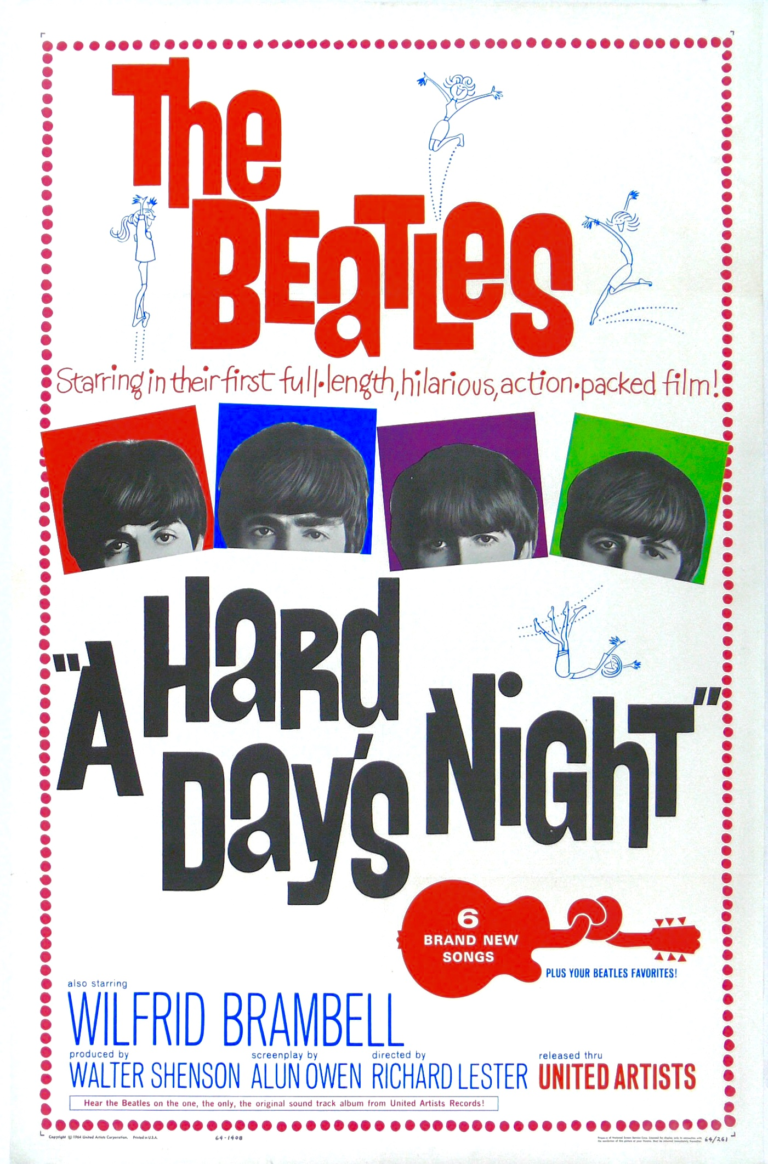Some Like It Hot Christian Review

There are movies that make you laugh, and then there are movies that stay in your head long after the credits roll, making you question just what it was you found so funny. Some Like It Hot belongs to that second category. Released in 1959 and directed by the legendary Billy Wilder, this film is widely celebrated for its fast-paced humor, iconic performances, and enduring appeal. But for a Christian viewer, the experience is more complicated, as its themes invite both laughter and moral reflection.
The Set-Up: Outrageous Disguises and Escapism
At its core, Some Like It Hot revolves around a madcap story of survival and deception. Joe (Tony Curtis) and Jerry (Jack Lemmon), two musicians in 1929 Chicago, find themselves on the run after witnessing a mob hit. Desperate to escape, they disguise themselves as women, “Josephine” and “Daphne,” and join an all-female jazz band, which leads to an uproarious chain of misunderstandings and romantic misadventures.
It’s a scenario designed for comedy. The sight of two grown men wobbling around in high heels, struggling with their new personas, sets up a situation ripe for visual gags and witty banter. The humor, on the surface, is lighthearted and largely harmless. Watching Lemmon’s Jerry fully embrace his alter ego, Daphne, is particularly hilarious. His exaggerated femininity, played with joyful abandon, invites the audience to laugh at the absurdity of it all. There’s an innocence to their deception, a sense that it’s all just part of the wild game they’ve been thrust into.
But from a Christian lens, deception is never just a game. The Bible teaches us that honesty and truth are foundational to our lives (Ephesians 4:25), and while Some Like It Hot is clearly intended as a farce, it’s worth considering what the film asks us to laugh at. Joe and Jerry’s disguises involve lying to everyone around them, and while it’s easy to dismiss this as comedic fluff, it’s hard to ignore the fact that the entire plot hinges on this ongoing deceit. How often do we, in our own lives, put on masks to avoid difficult truths or uncomfortable situations? While the movie may not be aiming for any deep moral message, it subtly points to the way we, too, can fall into the trap of pretending to be someone we’re not.
The Gender Bending Comedy: Clever or Complicated?
A major source of humor in Some Like It Hot is, of course, the cross-dressing. It’s an old comedic trope, but in this film, it’s elevated by the stellar performances and sharp writing. The contrast between Curtis’s suave “Josephine” and Lemmon’s more bumbling “Daphne” generates countless laughs. Yet, as the film dances through its gender-bending antics, there’s a deeper layer to consider.
From a Christian perspective, the question of gender is not something to be taken lightly. Scripture upholds clear distinctions between male and female, and there’s an inherent dignity in those God-given roles (Genesis 1:27). The film’s casual treatment of cross-dressing may have been played for laughs in the 1950s, but today, it can feel more like an invitation to blur those distinctions. While Some Like It Hot never delves into any serious exploration of gender identity—its intentions remain purely comedic—it’s still a reminder that what we laugh at matters. Comedy, after all, has the power to shape the way we see the world.
This isn’t to say that the film is malicious in its handling of gender. If anything, it’s surprisingly progressive for its time. Rather than mocking femininity, the film seems to celebrate it, especially in the way Jerry, as Daphne, finds himself becoming more empathetic and emotionally aware. Still, it’s important to be mindful of the fact that comedy, even when done with the best of intentions, can have a deeper cultural impact than we might initially realize.
Marilyn Monroe’s Sugar: Objectification or Compassion?
No review of Some Like It Hot would be complete without discussing Marilyn Monroe’s iconic performance as Sugar Kane. In many ways, she’s the heart of the film—funny, vulnerable, and utterly magnetic. Her character is a bit of a paradox: on one hand, she’s the stereotypical “dumb blonde,” a woman whose allure is tied to her physical beauty. On the other hand, she’s portrayed with surprising depth and humanity, a woman chasing after her own dreams, even if those dreams are clouded by her insecurities and poor choices.
From a Christian perspective, Monroe’s portrayal of Sugar is both a caution and a challenge. There’s no denying that she is objectified in the film—the camera lingers on her body, and her desirability is a major plot point. The Bible calls us to view one another as whole beings, created in the image of God (Genesis 1:27), not as objects of lust or desire. Yet Sugar, despite the objectification she endures, emerges as a character worthy of compassion. She’s broken, insecure, and searching for love in all the wrong places—a story that many of us, if we’re honest, can relate to.
As Christians, we’re called to extend grace to those who are struggling, and Sugar’s story is one that invites that grace. She may be presented as the object of male desire, but beneath that, she’s a person longing for connection and meaning. Her vulnerability, her dreams, her insecurities—they all remind us of our own frailties. And while the film never explicitly moralizes on this point, it gives us an opportunity to reflect on how we view and treat others, especially those who might be caught up in the same search for validation.
The Ethics of Laughter: Deception as Entertainment
At the heart of Some Like It Hot lies a question about deception. The entire film is built on the premise that lying—whether it’s Joe pretending to be a millionaire or Jerry pretending to be a woman—is necessary for survival. The comedy flows from the characters’ increasingly elaborate attempts to maintain their ruses. But as the Bible reminds us, deception, even when it seems harmless, can lead to trouble (Proverbs 12:22).
Joe’s romantic pursuit of Sugar, for instance, is based on a lie. While it’s played for laughs, it raises the question of whether the ends ever justify the means. Joe lies to get closer to Sugar, and while the film rewards him with her affection in the end, we’re left to wonder whether a relationship built on falsehoods can ever truly flourish. For Christians, the answer is clear: truth is foundational to love (1 Corinthians 13:6), and any relationship that begins with deception is ultimately doomed to fail.
The film doesn’t dwell on these ethical considerations, but it’s worth pausing to think about them as we watch. In a world that often glorifies deception as a means to an end, Some Like It Hot offers a playful but thought-provoking look at the consequences of living a lie. And while the film ultimately resolves in a happy, comedic way, it reminds us that deception, even in the name of survival or love, is a path fraught with danger.
A Classic, But One With Complications
Some Like It Hot is undoubtedly one of the great comedies of Hollywood’s golden age. Its performances are legendary, its humor sharp and quick, and its cultural impact undeniable. But for Christian viewers, it’s a film that raises important questions. Can we laugh at deception? How do we reconcile the film’s humor with its underlying themes of gender confusion and objectification? These aren’t easy questions, and Some Like It Hot doesn’t provide any easy answers.
At the end of the day, Some Like It Hot is a film that can be enjoyed, but it’s also a film that asks for discernment. Its laughter is infectious, but it also challenges us to think critically about the values we hold. For that reason, it’s a film worth watching, but one that requires a thoughtful, reflective approach.
Final Rating: 7/10
Funny, entertaining, and well-crafted, but morally complicated. A classic that asks for discernment.





